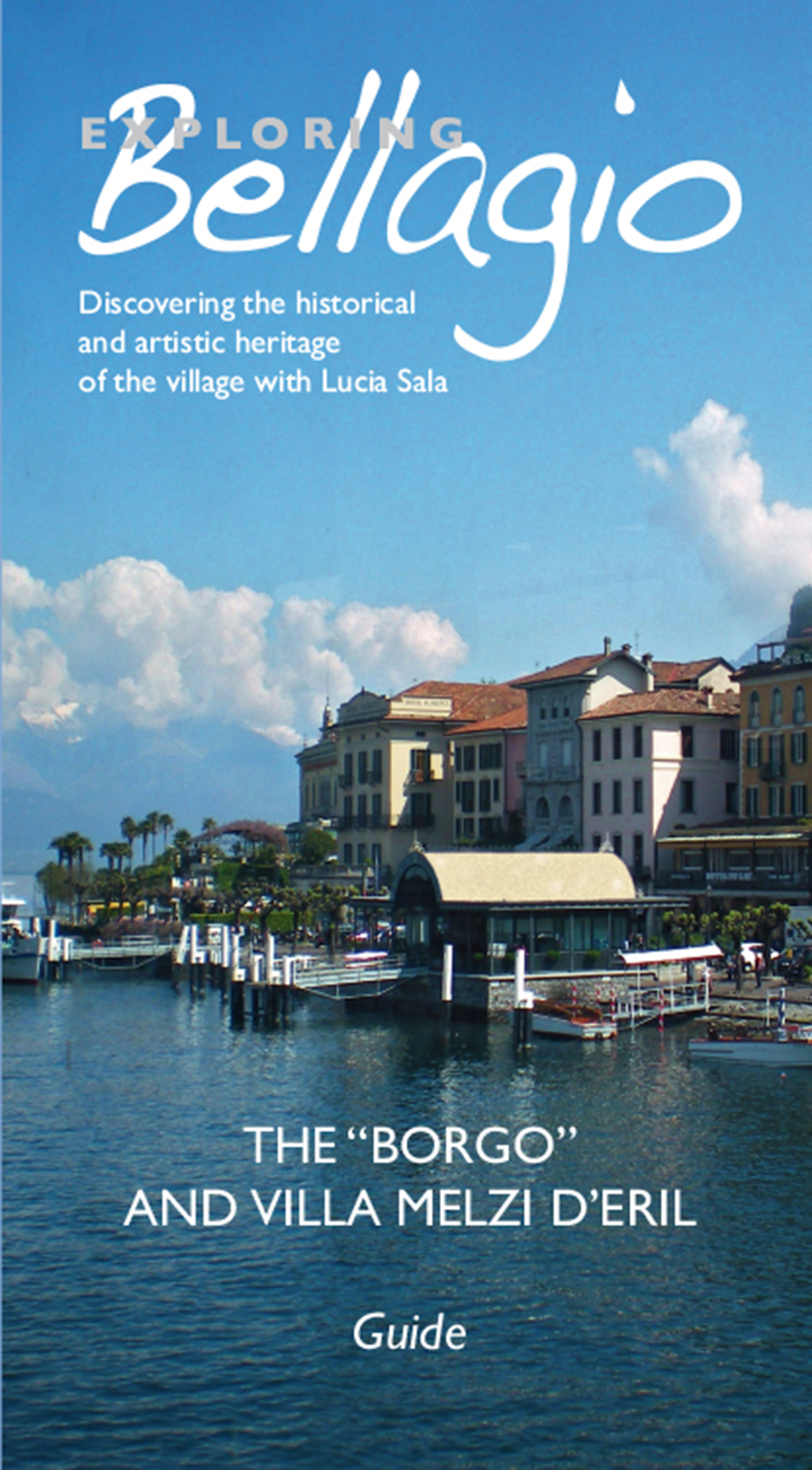Descrizione
Bellagio is a mosaic of villas and historic gardens. However, there were already many such attractions in ancient times. Lario was in fact a popular retreat for wealthy Roman citizens, who appreciated the mild climate and introduced into the area olive, cypress, chestnut and bay trees, which today form an integral part of the local landscape, and to such an extent they would appear to be truly autochthonous plants. In one of his letters Pliny the Younger stated that he owned two villas close to the lake.
From the fall of the Roman Empire until the sixteenth century, only fortifications and carefully-protected settlements were constructed in this particular territory to ensure the defence of rural properties and outposts.
In this regard it is worth visiting some of the smaller villages close to Bellagio, such as Suira and Regatola, where it is still possible to see old rural, defensive structures with two or, at most, three entrance portals. In the Middle Ages a castle was built on the hill at Bellagio, however the construction was demolished in 1375 by the Visconti, the lords of Milan, on account of hypothetical strategic risks. Marquis Stanga, a powerful minister of Ludovico il Moro, bought the area with the ruins and obtained permission to construct a dwelling to be used as a country retreat.
It was the year 1488 and, after more than a thousand years, villas were once again built close to the lake. Their owners were thus able to enjoy the pleasures of country life. After changes of ownership, the construction of extensions and further modifications, the building became the present Villa Serbelloni, now owned by the Rockefeller Foundation.
Tags
Localizzazione: Bellagio
























